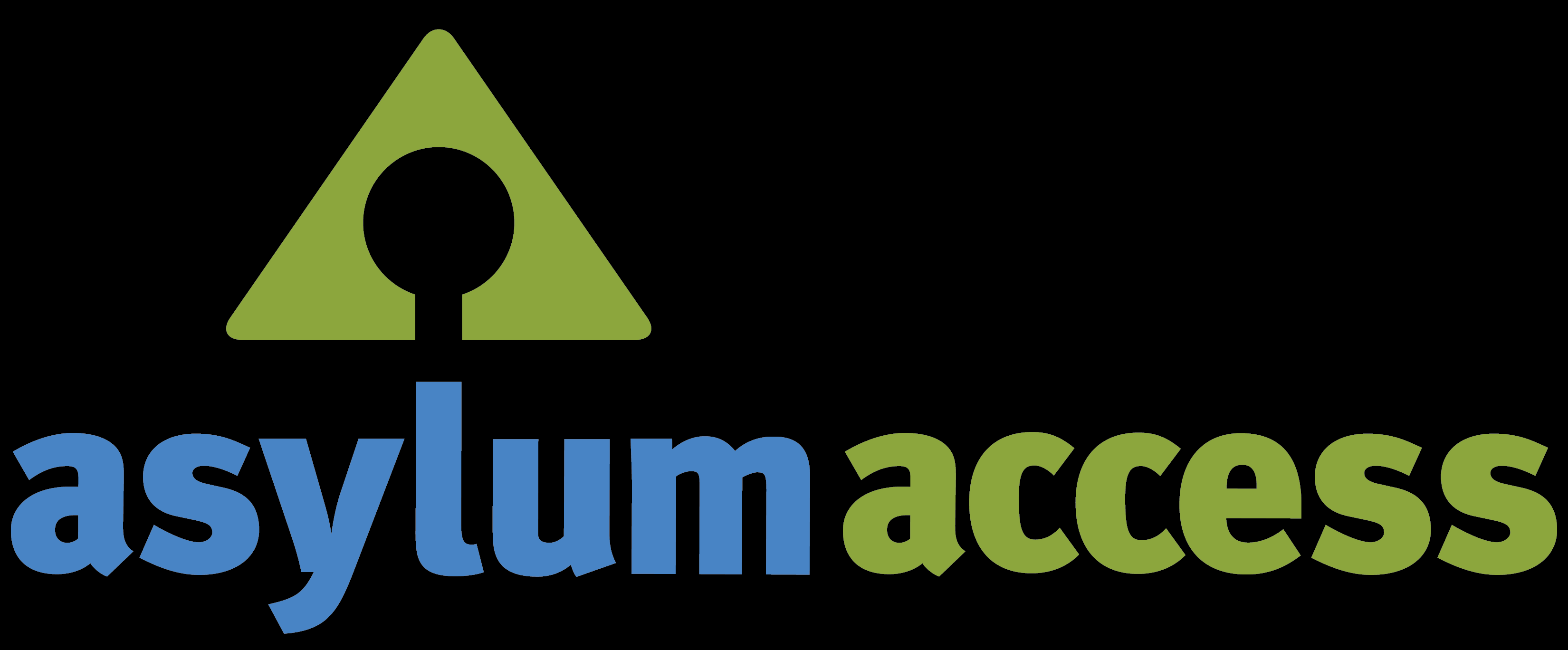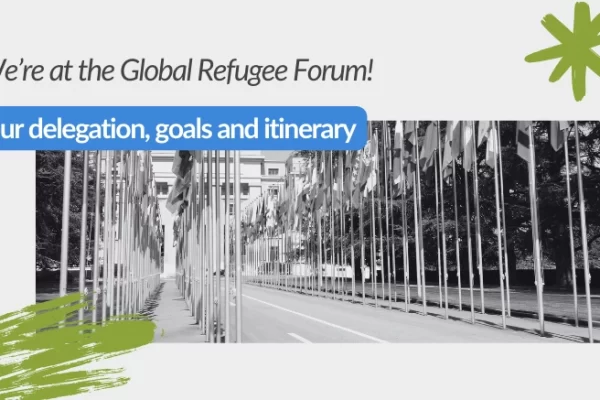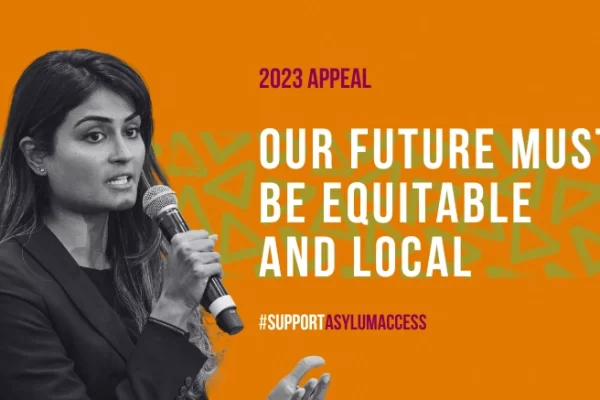Organizations in Bangkok combine efforts for refugee assistance
While Thailand’s most famous refugees are the 140,000 Myanmar refugees living in camps, a virtually invisible, undocumented, and steadily growing population of urban refugees are living in Bangkok. Since Thailand is not a party to the 1951 Refugee Convention that protects refugees’ fundamental rights, refugees who arrive in Bangkok every month are particularly vulnerable to human rights abuses and have few means to address them.
Recent budget cuts to the UNHCR and other refugee-assisting NGOs in Bangkok have prompted refugees to turn more to faith-based charities, small grassroots organizations and individuals for assistance. While these organizations have offered assistance to refugees for many years, their contributions have become more essential with the increase in population size, coupled with progressively limited support from primary agencies that work with urban asylum seekers, such as the UNHCR. Likewise, these developments have gradually begun to affect the way actors work together in response to the urban refugee population’s needs.
Only a few years ago, refugee-assisting organizations and individuals were operating autonomously, despite their coinciding missions and goals. A few key actors in cooperation with churches, grassroots organizations and individuals could maximize the resources made available to refugees, but the majority of resources and knowledge were not accessible to the larger population and the array of actors involved in the cause were widely unknown.
In November 2012, a Catholic priest working at the Bangkok Refugee Center (the implementing arm of the UNHCR though Caritas Thailand and Catholic Office for Emergency Relief and Refugees) connected with Asylum Access Thailand’s Community Outreach Coordinator to create the Bangkok Asylum Seeker and Refugee Assistance Network (BASRAN). BASRAN would coordinate the efforts or refugee-assisting organizations to better serve the urban refugee and asylum seeker population in Bangkok through the sharing of information, thereby leading to a better understanding of the current situation and an exchange of best practices.
BASRAN is comprised of a number of organizations and individuals in Bangkok, including the UNHCR, Bangkok Refugee Center, Jesuit Relief Services, Asylum Access Thailand, a number of churches, grassroots organizations and devoted individuals that are working directly with the refugee population. Initial meetings involving core-acting churches with programs dedicated to assisting urban refugees and the UNHCR proved to be a valuable source of direct information to churches that were previously obtaining inaccurate information on UNHCR policy through the refugees themselves. This new forum allows actors to not only verify information with the UNHCR, but also provides the UNHCR with a direct link to all the other agencies that work with urban refugees and who may have personal contact with the asylum-seekers much earlier than the UNHCR.
Through BASRAN, the UNHCR is able to communicate more directly to the refugee population. Moreover, refugee-assisting churches now have an improved understanding of the policies and services of refugee-assisting NGOs and the UNHCR. In other words, when a refugee asks for assistance at a church, the church is better able to refer the refugee to an organization based on their specific needs. Through the BASRAN meetings, the capacity and limitations of each organization is made known, ensuring a greater degree of transparency among actors.
Apart from the churches and organizations, BASRAN includes several individuals who directly assist urban refugees on their own initiative. They have bailed refugee families out of detention centers, provided scholarships for refugee children to attend international schools, assisted in livelihoods projects, and created community centers and community schools for urban refugees. Working independently, these individuals are a vital part of the assistance provided to urban refugees and through BASRAM, these individuals are now better connected to organizations.
Over a year in the running, BASRAM is integral to the improvements surrounding urban refugee response in Thailand. In the following months, activities including presentations on best practices will be held to improve and standardize refugees’ experiences when contacting agencies or individuals that offer assistance. As cooperation continues through BASRAN, services available in Bangkok will begin to better cater to the needs of urban refugees.
By Asylum Access Thailand Community Outreach Coordinator Sharonne Broadhead
Published February 2014.





